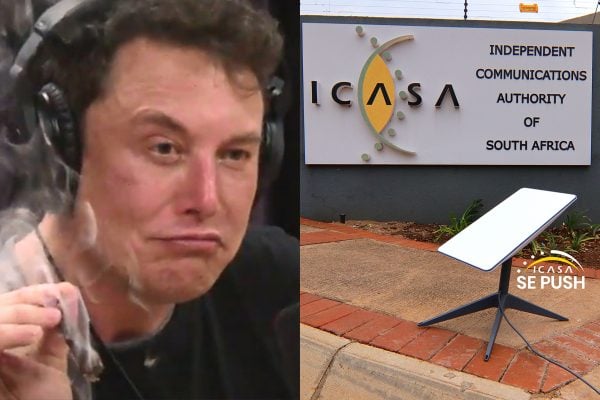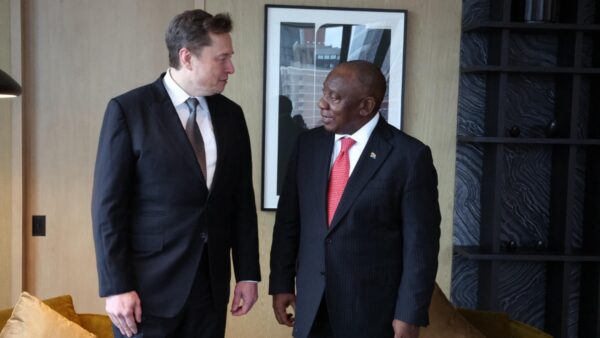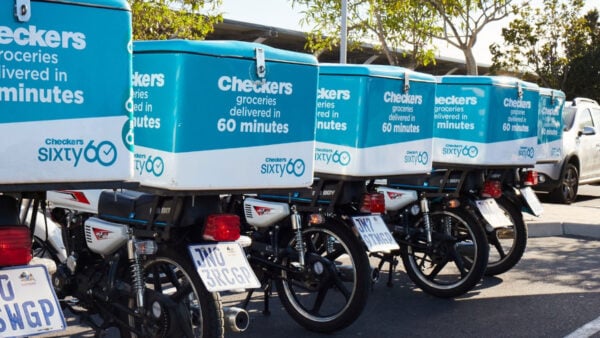Two choices for important TV broadcaster in South Africa

South Africa has two choices: cough up billions to fund the South African Broadcasting Corporation’s (SABC) dire financial position or cut back on its social mandate.
This is according to the Standing Committee on Public Accounts’ chairperson, Songezo Zibi, who pointed out the SABC’s inability to fund its public mandate during a hearing on the public broadcaster’s audit outcomes and financial performance.
“The SABC doesn’t make enough money to meet the basic requirements of its mandate. As a result, it is taking shortcuts on the equipment and people it needs,” Zibi said.
“Let’s not beat around the bush. Either the SABC gets access to the capital it needs, or we cut back on its mandate. We cannot have it both ways.”
It is important to note that the same law that obligates South Africans to pay a TV tax — or TV licence — also requires the SABC to comply with a very stringent broadcasting mandate.
This mandate requires the SABC to programme its five TV channels and 18 radio stations to treat all population segments equally and broadcast various audience interests in all official languages.
The SABC has noted that this comes at a significant cost and makes attracting advertising revenue difficult for more niche broadcasting segments, resulting in a financial loss.
Zibi pointed out that the SABC is short just over R7 billion in funding for its public mandate for the current financial year.
He says this means that either the SABC is doing something fundamentally wrong or that money is being taken from critical areas of the institution, which is not sustainable and will lead to collapse.
However, Zibi argued that there is very little chance of a bailout as the South African government has clarified that “there is no appetite” to provide further bailouts to public institutions failing to meet their mandate.
During his medium-term budget policy statement in October last year, Finance Minister Enoch Godongwana said the government would limit its financial support to state-owned enterprises.
The only exception was the resolution of Eskom and the South African National Roads Agency Limited’s (Sanral) debt obligations.
“Therefore, it is quite clear that some policy decisions need to be made,” Zibi said.
Analogue switch-off pain

Adding to Scopa’s financial instability concerns, the SABC believes that uncertainty surrounding the analogue switch-off deadline makes generating advertising revenue difficult.
Earlier in the hearing, SABC CEO Nomsa Chabeli said marketers are reluctant to take long-term “bulk” deals due to the lack of clarity surrounding the planned switch-off.
“We compete on audiences. We go out to the market to sell audiences, and then when we start losing those audiences, it means our value will immediately drop from an SABC perspective,” Chabeli said.
She said this has created uncertainty in the television advertising market, as marketers buy advertising in bulk and in advance.
“Advertisers are saying to us: ‘I’m very wary of entering into a bulk deal based on today’s audience, because I’m not sure that in September you’re still going to have the same number that you’ve just sold’,” the CEO said.
“That has impacted our liquidity, simply because this is the majority of how we sell our inventory. We sell it in bulk. We don’t sell it on a month-to-month basis.”
She warned that a premature analogue switch-off would threaten the public broadcaster’s sustainability.
“The analogue switch-off implications and switch-off are critical for the sustainability of the SABC, because they speak directly to the bulk of the revenue that the SABC derives,” Chabeli said.
She added that the SABC’s mandate is to provide free-to-air broadcasts to the country’s residents for education and information.
“The chronically and transient poor are the ones who rely on free-to-air TV for information, for education, for entertainment,” she said.
“They are the ones who have no choice but to access that information. If this analogue switch-off were to take place, they would be left in a vacuum.”
Another significant contributor to the SABC’s declining revenue is the avoidance of TV licence fees, which reached an all-time high in 2024.
The SABC billed nearly R5 billion in TV licence fees in the 2023/24 financial year, but only collected R726 million, failing to convince or intimidate over 80% of registered viewers to pay R4.3 billion in fees.
If it could correct this, it would be in the black despite the uncertainty surrounding advertising revenue.
































